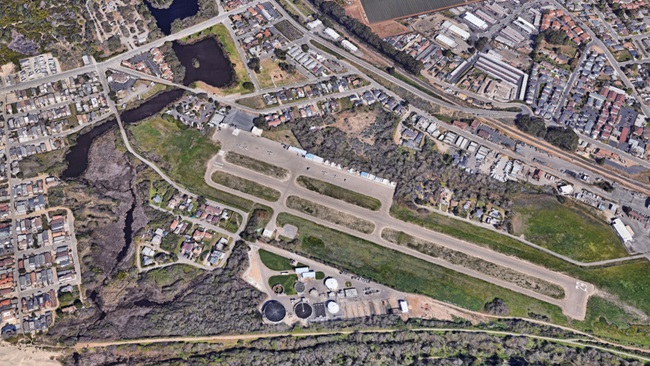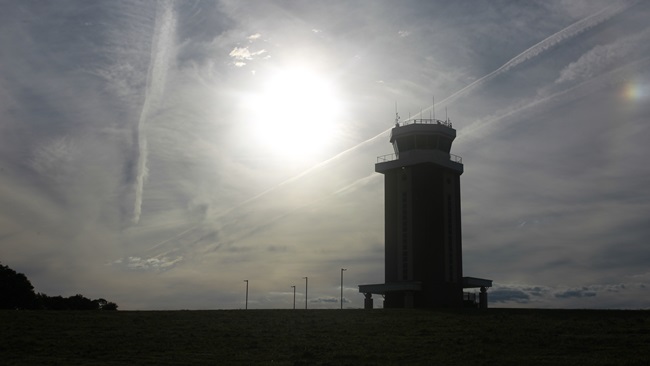Offering airline-specific endorsements for commercial pilots serving as a first officer in Part 121 air carrier operations may address concerns about those pilots’ eligibility, training, and qualification without negatively impacting general aviation operations, AOPA told the FAA April 9.
The fatal crash of Colgan Air Flight 3407 outside of Buffalo, N.Y., in February 2009 sparked questions about whether a commercially rated co-pilot in Part 121 operations receives adequate training. The FAA asked whether it should continue to allow the commercial pilot certificate to be the minimum requirement for hiring new first officers at an airline, and requested input on several options for additional requirements, in an advance notice of proposed rulemaking (ANPRM) in February. While several of the proposals—including requiring an air transport pilot certificate or additional flight hours, among others—could have a negative impact on the GA industry by deterring new pilots from beginning training, the concept of offering airline-specific endorsements would target specific skill sets needed for Part 121 operations without negatively impacting GA, AOPA said in its formal comments.
“The system of hiring must focus on an honest evaluation of knowledge, experience, skill, and training, not just a number of hours,” wrote AOPA Vice President of Regulatory and Certification Affairs Rob Hackman. “An endorsement option for training conducted at an air carrier is a viable option to document that such training and checking has occurred and the pilot was found to be competent in all areas. Such an option has the potential to ensure safe operations at the air carriers without substantially affecting the number of student pilot applicants and pilots in general aviation.”
Under this concept, a commercial pilot would not be able to serve as a required pilot in Part 121 air carrier operations without having obtained an endorsement attesting to successful completion of additional training and qualified operating experience.
Other potential changes mentioned in the ANPRM include requirements for all pilots employed in Part 121 air carrier operations to hold an ATP certificate (which requires a minimum of 1,500 hours); academic training as a substitute for flight hours experience; and an additional authorization on an existing pilot certificate.
Hackman said requirements that would deter new pilots from beginning training could in turn decrease the number of qualified pilots to provide the myriad of services provided by GA.
“If the current air carrier hiring minimums or training requirements are changed without taking into consideration the effects such changes would have on economics and safety of the entire system including the potential impact to general aviation, there could be consequences that would affect the health of the aviation community as a whole,” he said.


